– According to the Prime Minister, Hungary’s presidency is not the end of something but the beginning of something new. In your experience, which areas reflect this the most?
– Hungary and the Hungarian people remained the focus of our world even during our EU presidency. Advancing our national interests did not begin with the presidency, nor did it end when the presidency concluded. We aimed to show that change in the European Union is both necessary and possible because a genuine patriotic and conservative European alternative exists. This is an aspiration that far surpasses the framework of the presidency, and its success will only be assessed long after our tenure. Of course, change will not happen on its own. Member states, including Hungary, must - with their persistent push - force European institutions into bringing it about.
The most crucial issue remains war and peace. The presidency’s room for maneuver was extremely limited in this regard because there is no consensus among member states on the Russia–Ukraine war. Consequently, our initiatives remained at the level of bilateral diplomacy. The presidency’s half-year term was framed by two major events: the peace mission in July and the Christmas proposal for a prisoner exchange and ceasefire. These efforts received mixed reactions, but strategically, we succeeded: today, no one doubts that there is no military solution to the Russia–Ukraine war. A diplomatic resolution requires direct communication and the involvement of all affected parties. However, we cannot be completely satisfied, because apparently, it is still unclear to some that without peace, no measures we take will make Europe competitive, secure, or a serious global actor.
The presidency’s historic achievement is the Budapest Declaration, which aims to strengthen the European Union’s competitiveness. The declaration sets specific expectations with deadlines.
These include the reduction of administrative burdens and reporting obligations, with a 25-percent reduction expected from EU institutions within the next six months, and addressing affordable energy prices, for which we expect an action plan from the European Commission in the coming weeks. The essence of the presidency’s work is only now unfolding. Member state leaders must continuously pressure the Commission to ensure that implementation truly begins. We already see that the Commission is falling behind. It is unclear whether the delay stems from a lack of political will, professional shortcomings, or merely administrative issues.
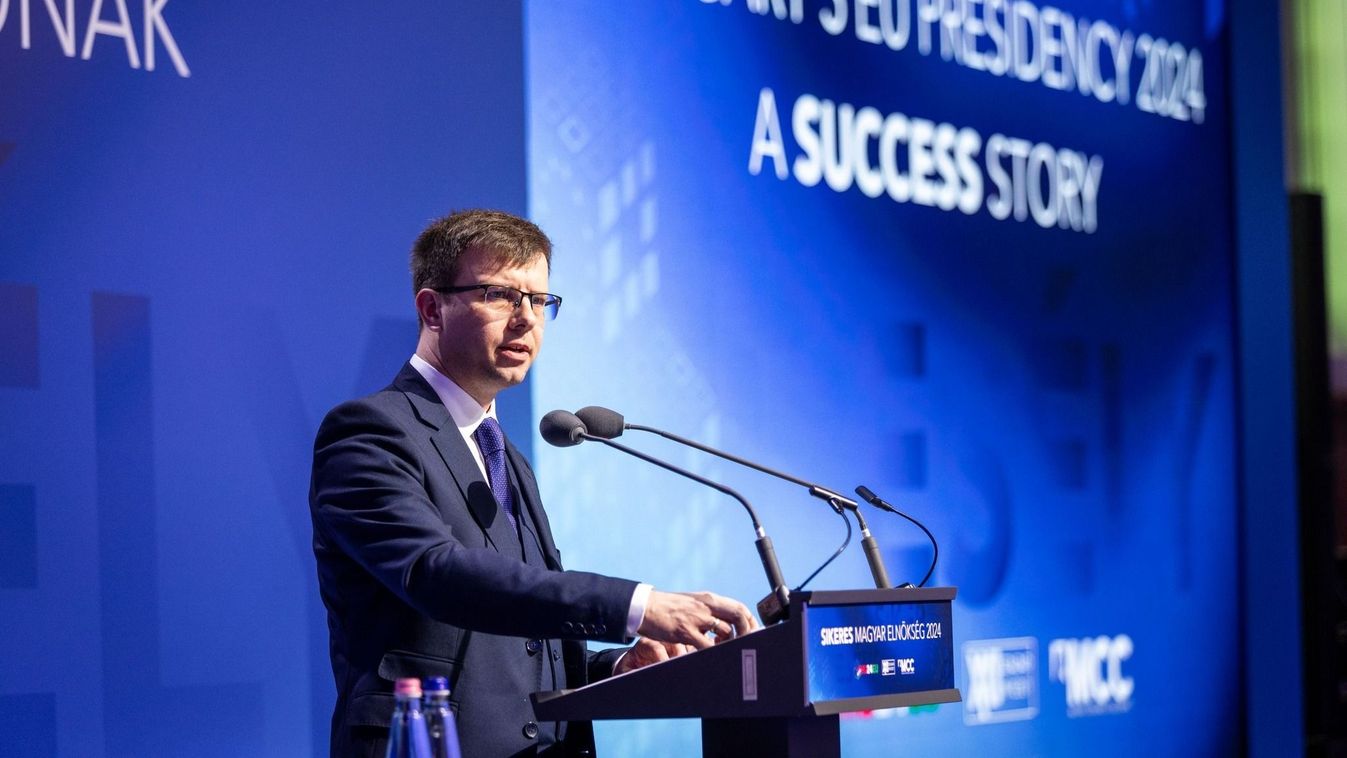

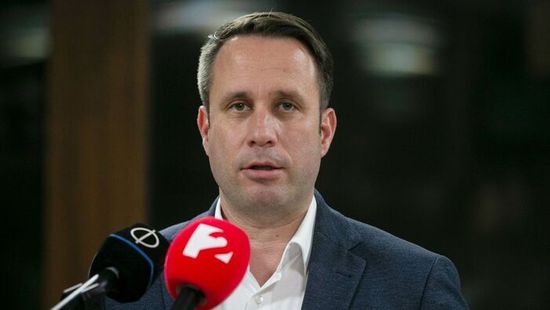
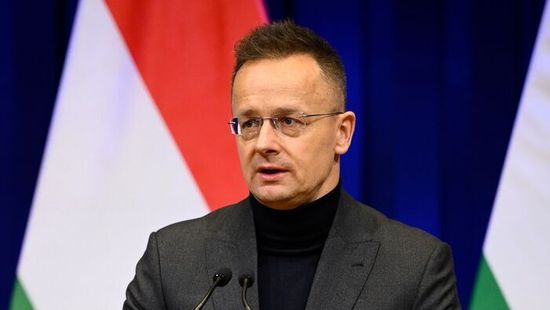


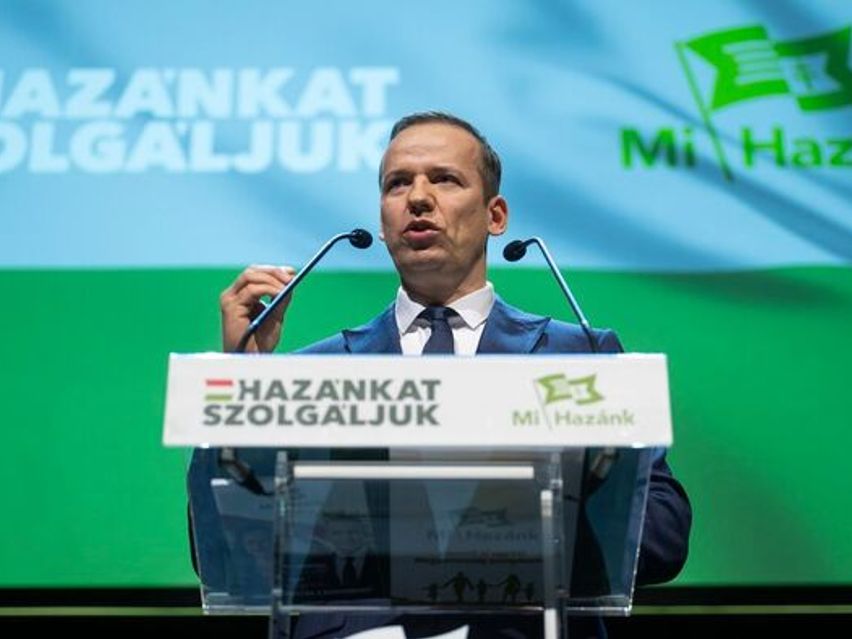
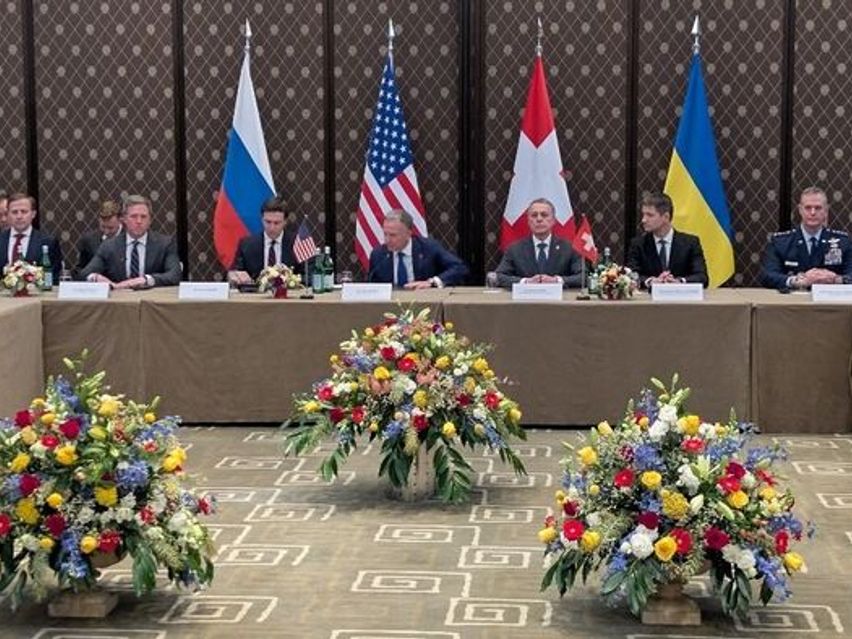
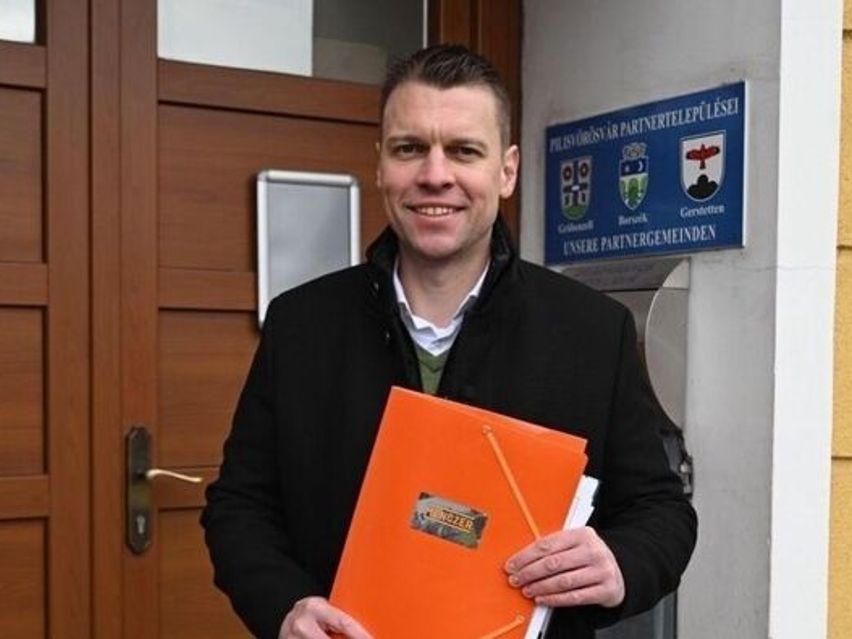
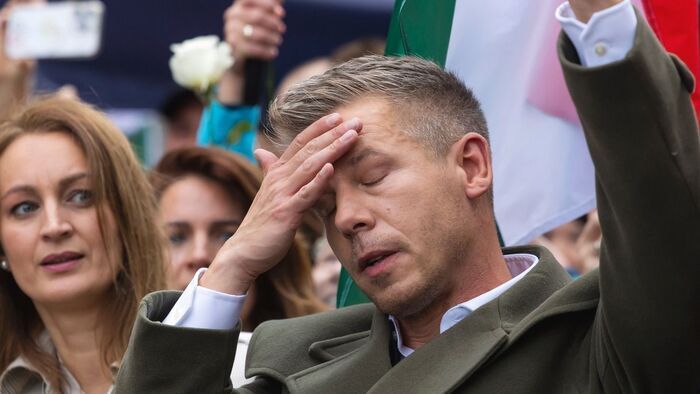



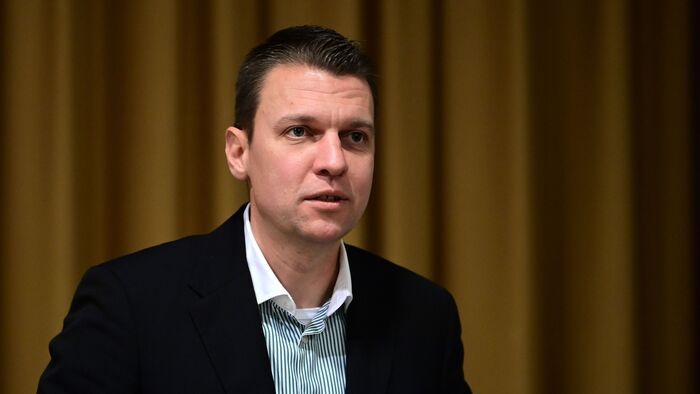

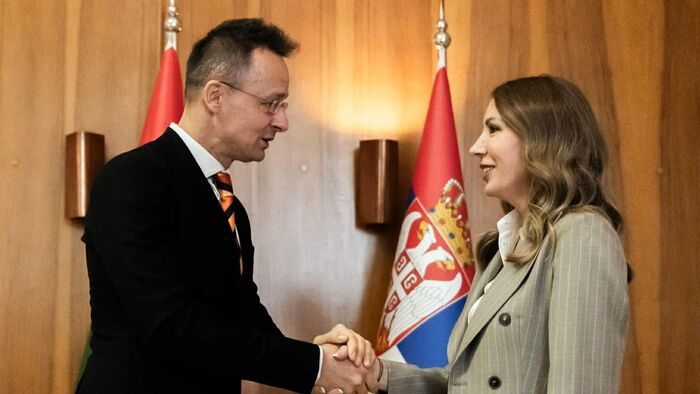
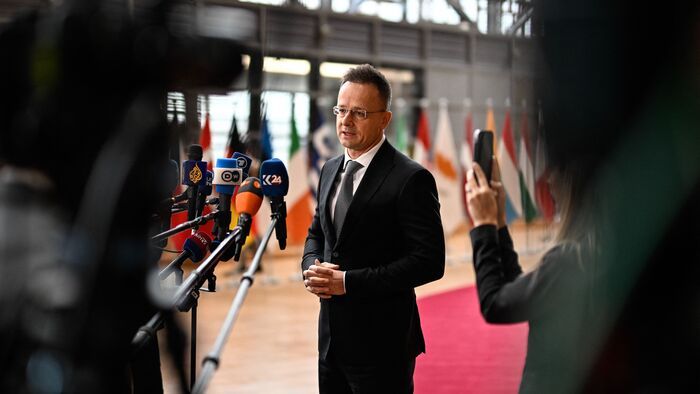




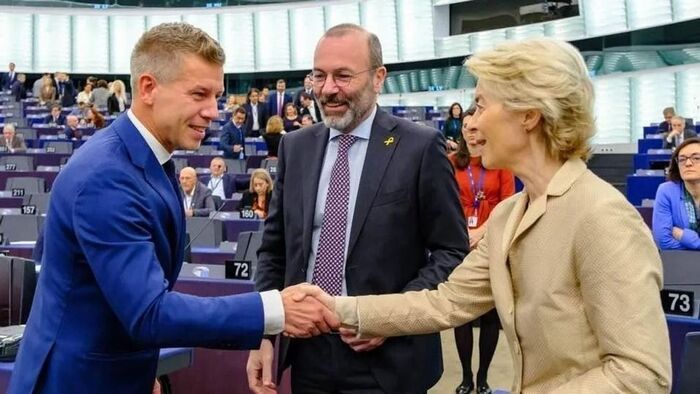

Szóljon hozzá!
Jelenleg csak a hozzászólások egy kis részét látja. Hozzászóláshoz és a további kommentek megtekintéséhez lépjen be, vagy regisztráljon!